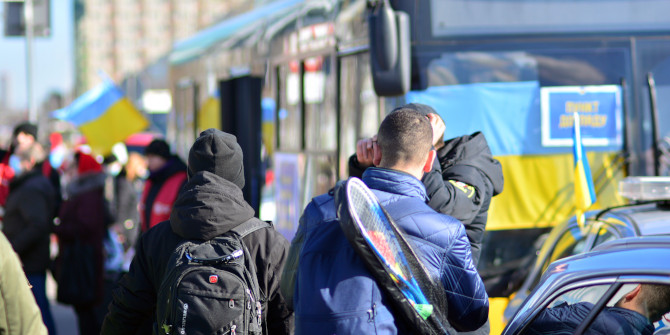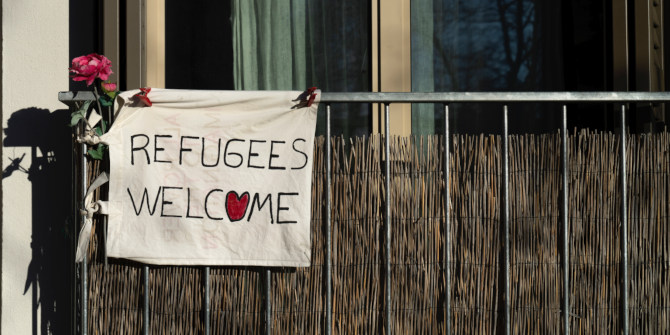Has Vladimir Putin been weakened by the failure of the Wagner rebellion? Hudson Meadwell argues that while the rebellion has done some damage to Putin, only victory for Ukraine on the battlefield is likely to be enough to remove him from power.
When interpreting the rebellion of the Wagner Group in Russia, it’s important to remember that it’s not so much that these kinds of things happen, or why they happen, it’s how they end that matters. This episode ended relatively well for Putin.
The rebellion, beginning with the movement of Wagner forces into Rostov-on-Don and ending a few hundred kilometres short of Moscow, was short-lived. It resulted in the bloodless takedown of Yevgeny Prigozhin, if not one of Putin’s rivals, at least a challenger, who has been banished, humiliated and who will likely now have a bounty on his head.
The Wagner Group will now be brought to heel. And within the hall of mirrors Putin has devised to manage Russian society and political culture, he has already begun his (purposively dehumanising and blandly mind-numbing) spin on events.
Threats and control
In typical fashion, the conclusion of the rebellion involved Putin-style threats – private, personal, ruthless, stone-faced, lethal and delivered by others – ‘behind the scenes’ to leaders and their families. Other elements in the political-military hierarchy and the circle of oligarchs, however, will not have needed to learn about these threats via British intelligence sources in news reports. Word will have gotten out, quietly, to those for whom it matters. Note will have been taken.
Over the next several months, stretching into a longer time frame, we may still expect deadly falls, or unexpected fatal heart problems, that kind of Putinesque thing, to befall some of the transgressors. We may see show trials featuring allegations of corruption, embezzlement or the misuse of state funds. As we know from experience and observation, trials such as this can proceed with a straight face, no matter how despicable or breathtakingly self-serving they are. And reports – unconfirmed — of purges and detainments inside the political-military hierarchy are already emerging.
Putin remains more or less in control. To bring Putin to heel, reality must penetrate his hall of mirrors. Despite academic conventions about the ‘fog of war’, war can do that. Sustained and deep military success for Ukraine will be needed to challenge Putin’s reign. There is no domestic equivalent, for Putin, to military defeat on the battlefield in an interstate war.
This does not mean that Putin’s demise is the goal of military action. The goal is to restore the territorial integrity of Ukraine and the end of Putin’s reign may be a by-product. We should recognise, however, that goal and by-product are closely correlated in this case.
Putinism in action
With the above stated, the rebellion will have done some damage to Putin. He has been weakened to a degree, but perhaps more so in the eyes of some observers than in the eyes and calculations of his collaborators. It does not matter what we think; it matters what they think. Putin is weaker if they think he is weaker; he is not weaker if we think he is weaker. And whether we think he is weaker will likely have zero influence on what they think.
We are watching Putinism in action. This has been his life and career. In the Putin system, there are always problems of control. There is a certain amount of fluidity and ambiguity and improvisation built into Putinism. There have been and will be episodes like the Wagner rebellion to deal with. Nonetheless, in my view, he remains the quietly acknowledged boss. Only if Ukraine decisively breaks the current military stalemate is it likely that a substantial split will emerge in the political-military hierarchy of the kind that can both challenge and oust Putin.
Note: This article gives the views of the author, not the position of EUROPP – European Politics and Policy or the London School of Economics. Featured image credit: Павел Бедняков, РИА «Новости» / kremlin.ru





